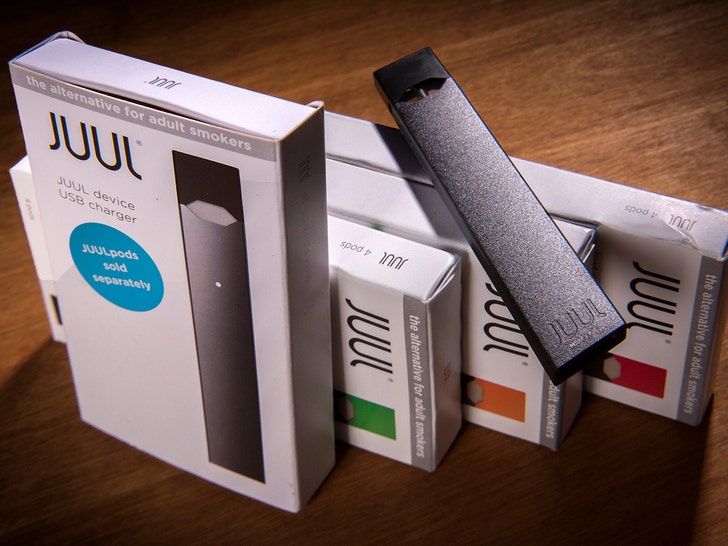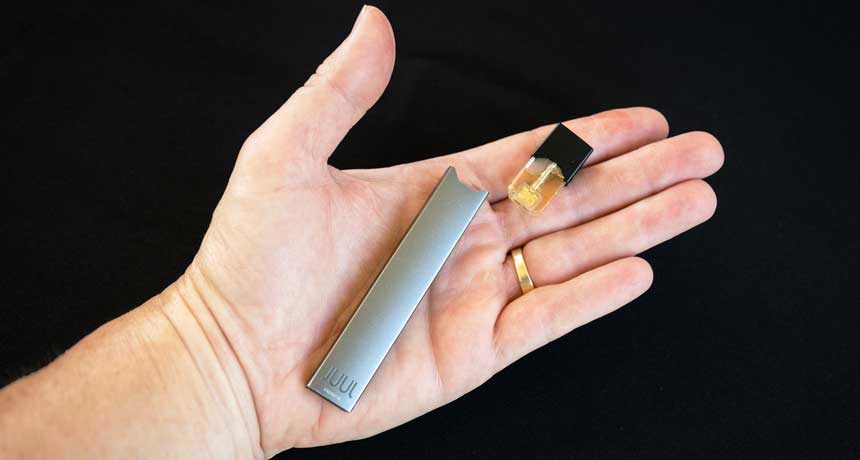
FDA officials on Thursday ordered Juul to pull its electronic cigarettes from the U.S. market. The company is blamed for sparking a nationwide surge in teen vaping. Read to know more on the issue.
US Regulator bans Juul’s e-cigarette
US Food and Drug Authority (FDA) officials on Thursday ordered Juul to pull its e-cigarettes or electronic cigarettes from US markets. The action is part of efforts made by the FDA to bring scientific scrutiny to the vaping industry after years of regulatory delays
The FDA said Juul must stop selling its vaping device and its tobacco and menthol-flavored cartridges. Those already on the market must be removed. Consumers aren’t restricted from having or using Juul’s products, the FDA said.
As per the FDA, some of the biggest players like Juul may have played a “disproportionate″ role in the rise of vaping among teens. Moreover, Juul’s application was lacking sufficient evidence to show that its products “would be appropriate for the protection of the public health”.
E-cigarettes first entered the US markets over 10 years ago with the promise of providing smokers with a less harmful option. The devices heat a nicotine solution into a vapor that’s inhaled, bypassing many of the toxic chemicals produced by burning tobacco.
The vaping market grew with several flavors and devices. However, studies have reached conflicting results about whether they truly help smokers quit.
More on the recent developments
The FDA has granted some e-cigarette applications. Since last fall, the agency has given its OK to tobacco-flavored e-cigarettes from R.J. Reynolds, Logic, and other companies.
But industry players and anti-tobacco advocates have complained that those products account for just a tiny percent of the $6 billion vaping markets in the U.S.
Both anti-tobacco advocates and industry giants are complaining that these account for a very small percent of the US $6 billion vaping markets. However, regulators have been delaying taking a stand on these devices from market leaders including Juul. Currently, Juul is the best-selling brand despite the dip in sales.

The vaping issue took on new urgency in 2018 when Juul’s high-nicotine, fruity-flavored cartridges became a craze among middle and high school students. The company faces a slew of federal and state investigations into its early marketing practices, which included distributing free Juul products at concerts and parties hosted by young influencers.
In 2019, the company was pressured into halting all advertising and eliminating its fruit and dessert flavors. A year later, the FDA limited flavors in small vaping devices to just tobacco and menthol.
Additionally, Congress also increased the purchasing age for tobacco and vaping products to 21.






